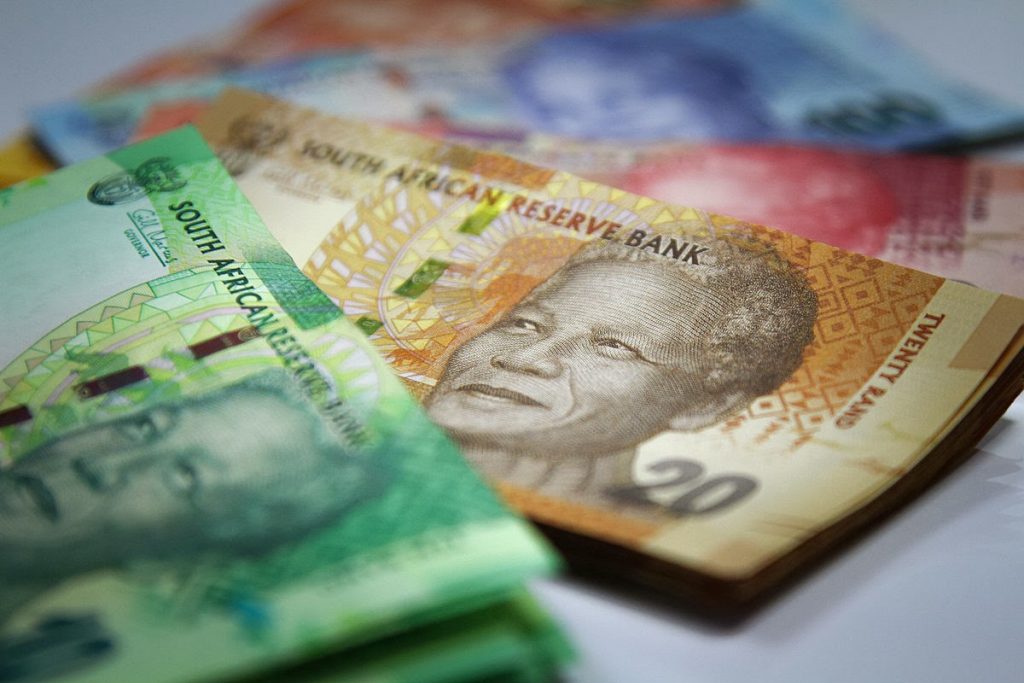National Treasury has announced that the tax-free threshold for personal income tax will be adjusted slightly upwards to R79 000.
Treasury made the announcement in the Budget Review as Finance Minister Tito Mboweni delivered the Budget Speech in the National Assembly on Wednesday.
“Fiscal prudence requires some tax changes. We propose additional revenue measures of R15 billion in 2019/20.
“There will be a slight upward adjustment of the tax-free threshold for personal income taxes, with no change in the current personal income tax brackets…” Mboweni said.
In the Budget Review, Treasury said nearly all of the increase in revenue is effected through direct taxes, with no rate increases.
It said government proposed a small increase in personal income tax rebates, with no inflationary adjustments to the tax brackets, and no inflationary increase in medical tax credits.
“Indirect taxes make a smaller contribution through the increase in the general fuel levy, after the large increase in indirect taxes as a result of the one percentage point increase in VAT announced in the 2018 Budget.”
Treasury said the primary, secondary and tertiary rebates will be increased by 1.1%, providing a small amount of relief for inflation.
“The change in the rebate will increase the tax-free threshold from R78 150 to R79 000.
“Personal income tax brackets, however, will remain unchanged and will not be adjusted for inflation. This is expected to raise R12.8 billion in revenue, as individuals with an inflationary increase in their taxable income face a larger tax burden.”
Clearing the VAT refund backlog
Treasury said, meanwhile, that during the October 2018 medium term budget, SARS would pay out overdue VAT refunds, which rose from R30.4 billion at the beginning of the fiscal year to R41.8 billion in September 2018.
In subsequent months, SARS has been working to reduce the VAT credit book, which shows the total amount of refunds owed, by paying out an average of R22.2 billion each month.
“By end-January 2019, the credit book had decreased from R41.8 billion to R31 billion.
“In October 2018, SARS estimated that the credit book should be about R19 billion if verified VAT refunds are paid out without delay. After further analysis, it has revised that estimate to about R22 billion as a result of rising VAT refund claims, a higher-than-anticipated level of taxpayers, who are not submitting the required documents, and suspected fraud.
“The extent of VAT refunds submitted to SARS will also be influenced by general economic conditions, such as imports.”
The National Treasury said SARS expects to bring the credit book down to the target during 2019/20.
Clearing the VAT refund backlog, Treasury said, will reduce net revenue collections in 2018/19, and the estimated amount of refunds to pay out has increased by R8 billion compared with the 2018 MTBPS estimate.
“Similarly, personal income tax refunds have been revised upwards. Although these interventions have reduced tax revenues for 2018/19, the normalisation of refund payments will minimise the risk of fiscal shocks in future, and provides business with more certainty about cash flow. It will also provide greater certainty about revenue projections.
“The tax measures for the 2019 Budget are designed to raise an estimated R15 billion in additional revenue in 2019/20,” Treasury said. – SAnews.gov.za
Follow more RNEWS articles, subscribe to our YouTube channel and for breaking news LIKE us on Facebook. For news on the Western Cape click here.



